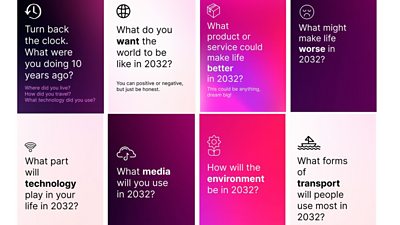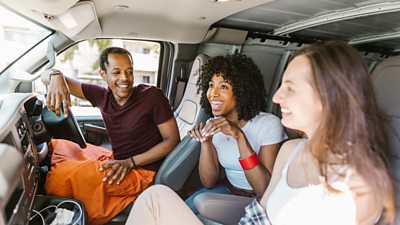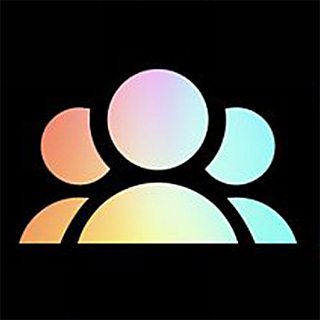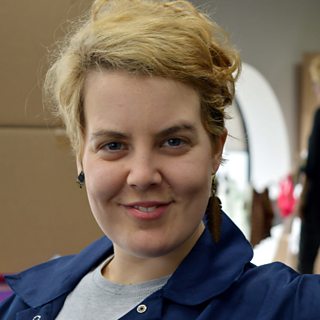����ý Research & Development is dedicated to the pursuit of unlocking and understanding complex and nuanced human needs, through our ‘Human Values and Digital Wellbeing’ research project, and also through our experimental approach to qualitative research.
As we investigate speculative futures we're realising the limits of traditional user research methods, which tend to give more immediate insights. By exploring new ways to engage participants which encourages them to share their most authentic perspectives through deliberation and discussion, we see a shift in the types of knowledge we collect, away from tactical observations to more strategic patterns in behaviour.
This short project builds on , habits, journeys and safety principles, with underlying user needs such as journey purpose and perception. However, we also wanted to discover attitudes towards the future of travel, plus views on its societal impact.
We hosted 20 people from a representative range of backgrounds, as part of a series of audience engagements. Through this, we have developed how we deliver experimental research, and have challenged the whole end to end process of recruiting, designing and synthesising research findings.
This research, affectionately named the ‘People Panel’, began with a survey to gather participants’ views on the world of travel and media, and gauge views on the future of car ownership and technology use while on the move.

We used responses from this survey to build a horizon scanning activity. Asking people to jump into future scenarios was difficult, but we addressed this by presenting provocative future newspaper headlines to support the debate about what changes might be on the horizon, and what would be most probable, and crucially, most preferable future scenarios.
To understand current lived experiences, we ran a session sharing daily routines and favourite journeys, asking each participant to propose a solution for each other. They took a 2 day gap between sessions to ponder this task and absorb what they’ve been hearing so far.
We presented several concepts developed by ����ý R&D teams, alongside suggestions from the people panel, to find out which are most useful and important. These included real time traffic reporting, caring for others while travelling, and making good use of time while in a fixed situation for a known period.
Finally, we facilitated an open debate about what the ����ý could best achieve in this space. We constructed a ‘manifesto for change’ to focus discussion around the benefits, risks and aspirations for the future of travel and media.
As the sessions evolved, so did our understanding of how to run generative research, capture diverse views, and share insights to that they can be used to inform relevant prototypes.
For example, when we felt we had gone too far into the future, we critiqued and adapted our process between sessions. We included the panel’s lived experiences and a future of transport conceptualisation to get them back into the right timeframe. It was time travel at its best.
Our research revealed that the concepts proposed by ����ý teams were very playful, but only in very specific use cases (for example, shared family playlists) which we believed the panel would embrace based on previous evaluative research. However, proposals from the panel were much more practical, like routes and relevant information, or keeping passengers safe and well, which lead us to embrace more general use cases around uses for a ‘dynamic radio’, although still with a playful slant.
A dedicated team of 3 or 4 note takers per session used a set of pre-designed Miro boards to capture wide ranging insights on expectations, perceptions, and how information and media might be delivered during a journey. Some boards were more successful than others as conversation ebbed and flowed, but the search feature was valuable when clustering the topics after sessions.
However, during the analysis phase of this study, we gathered plenty of rich opinions. To make sense of this, we used mental modelling to meaningfully present these back to our team, elevating 7 key themes from our findings, which we could align with the ideas proposed as a group, and more general attitudes to traffic and travel. This meant we went into the next stage of the project with a defined purpose and useful insights.
Everything we’ve learnt on this project, and the format of a ‘People Panel’, is now being scaled up and applied to multiple innovation projects. We plan to experiment further with permanent panels, using deliberative forms of research and observing people interact with each other to understand how they might want to use technology in the future.


